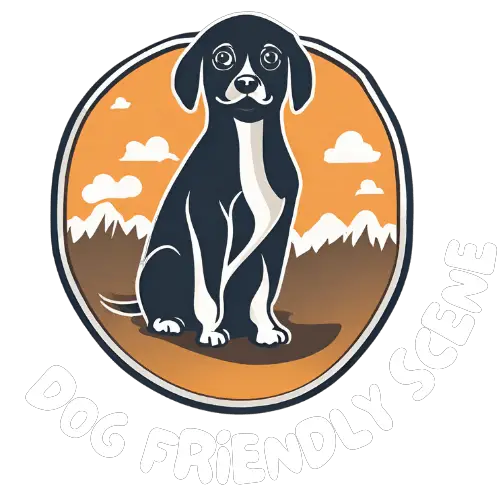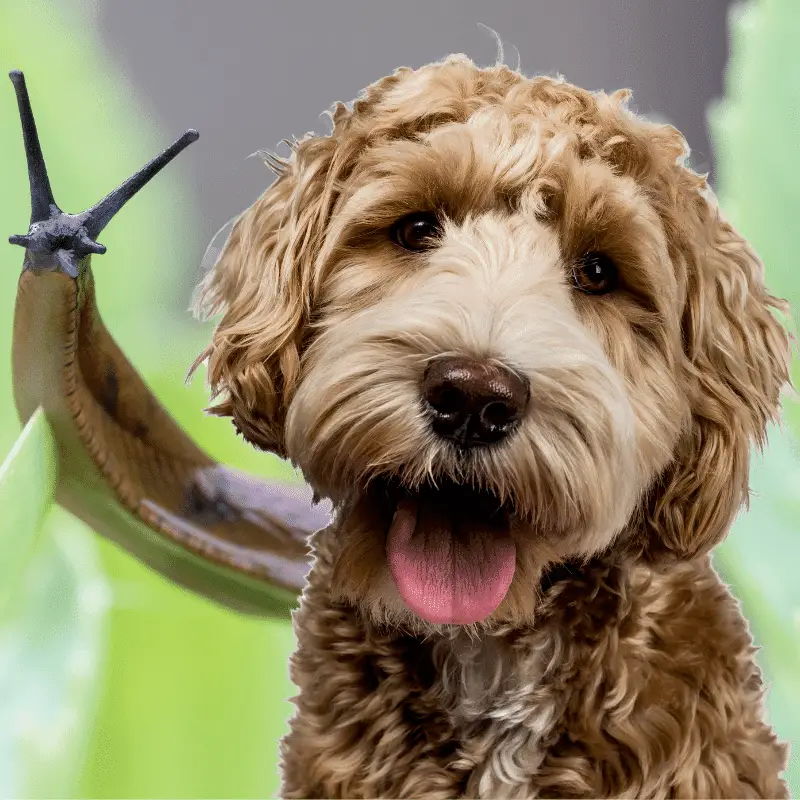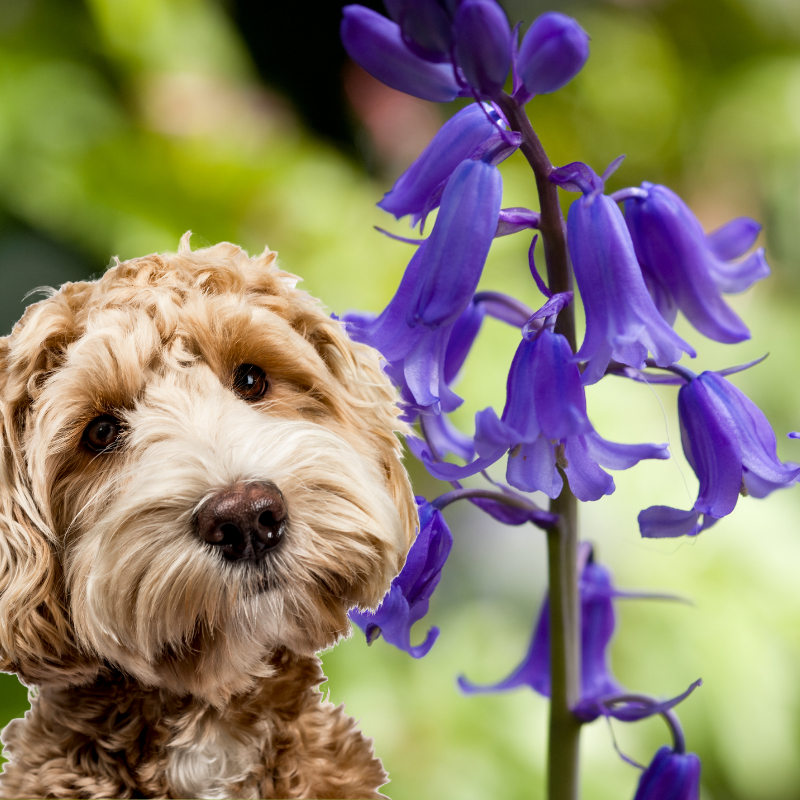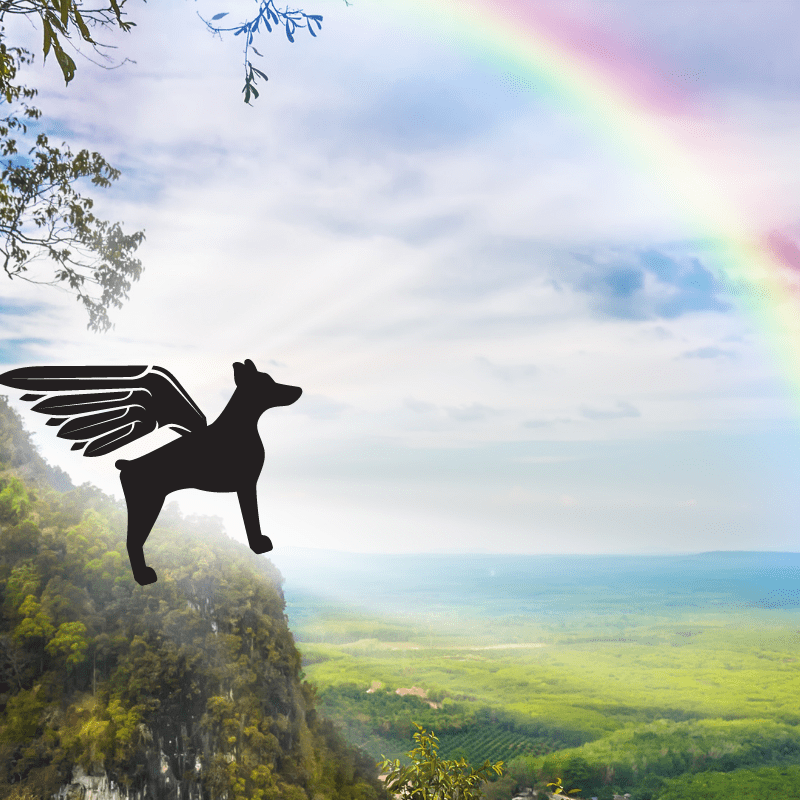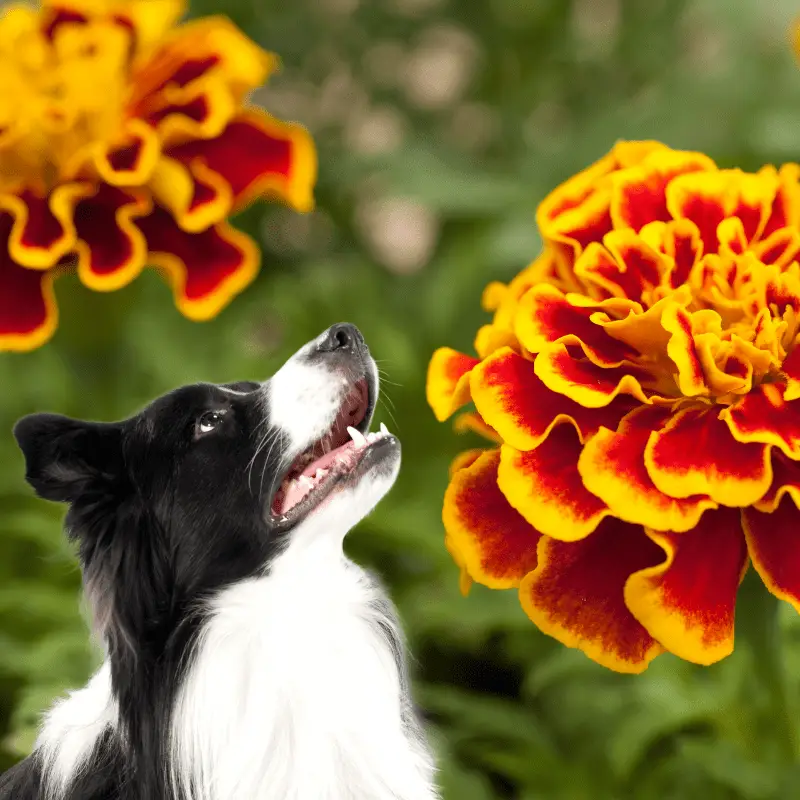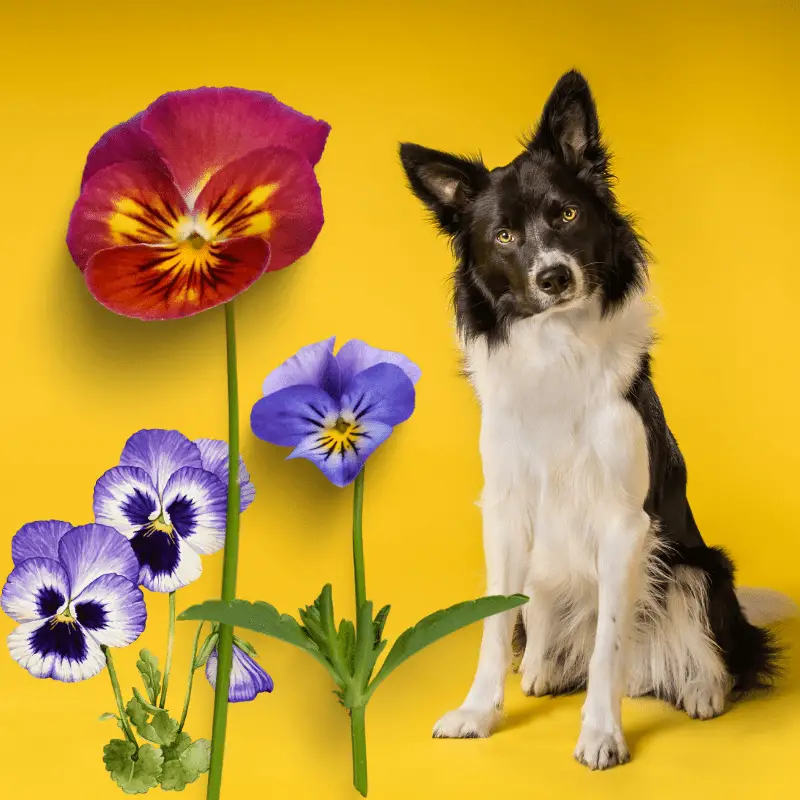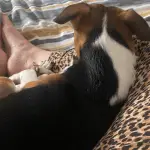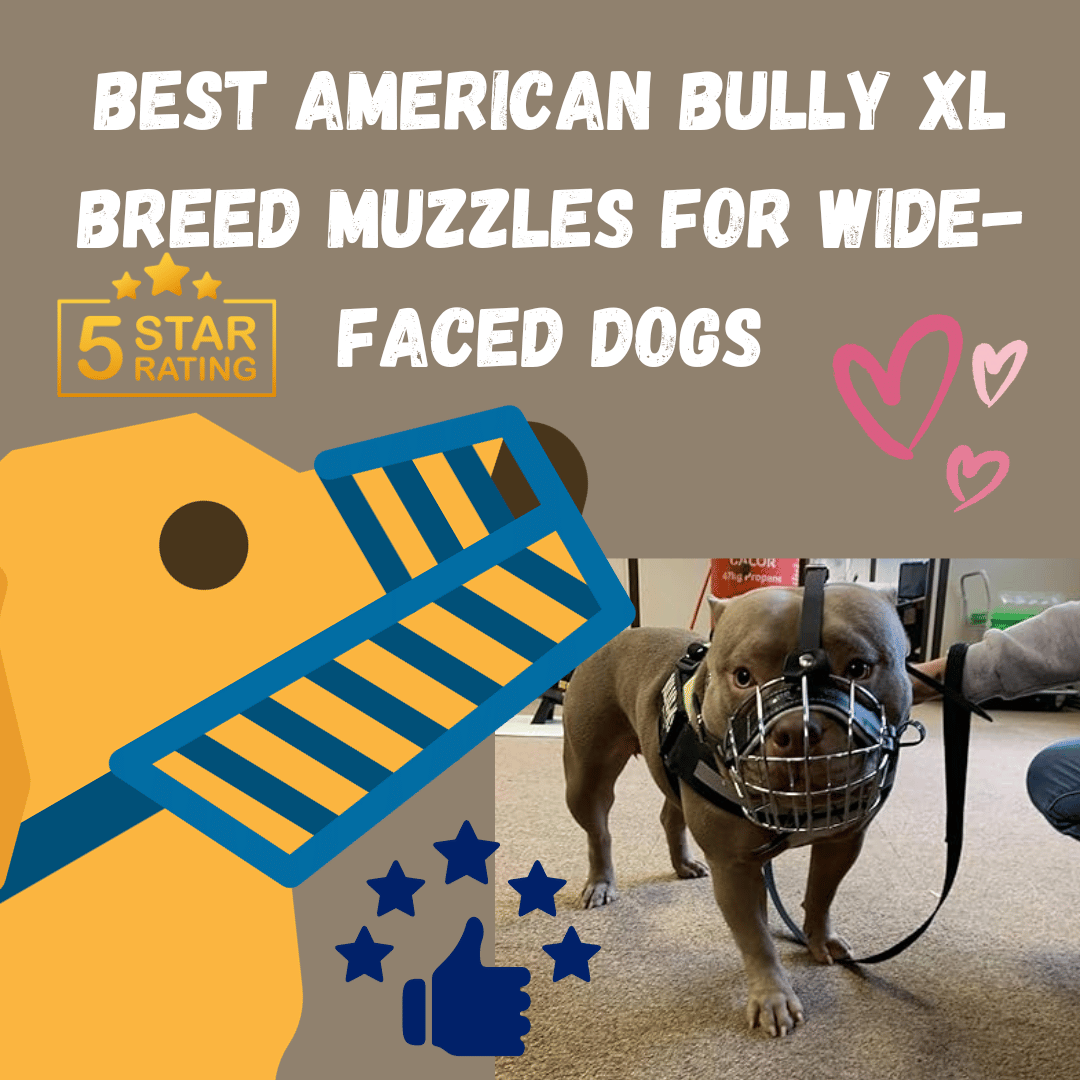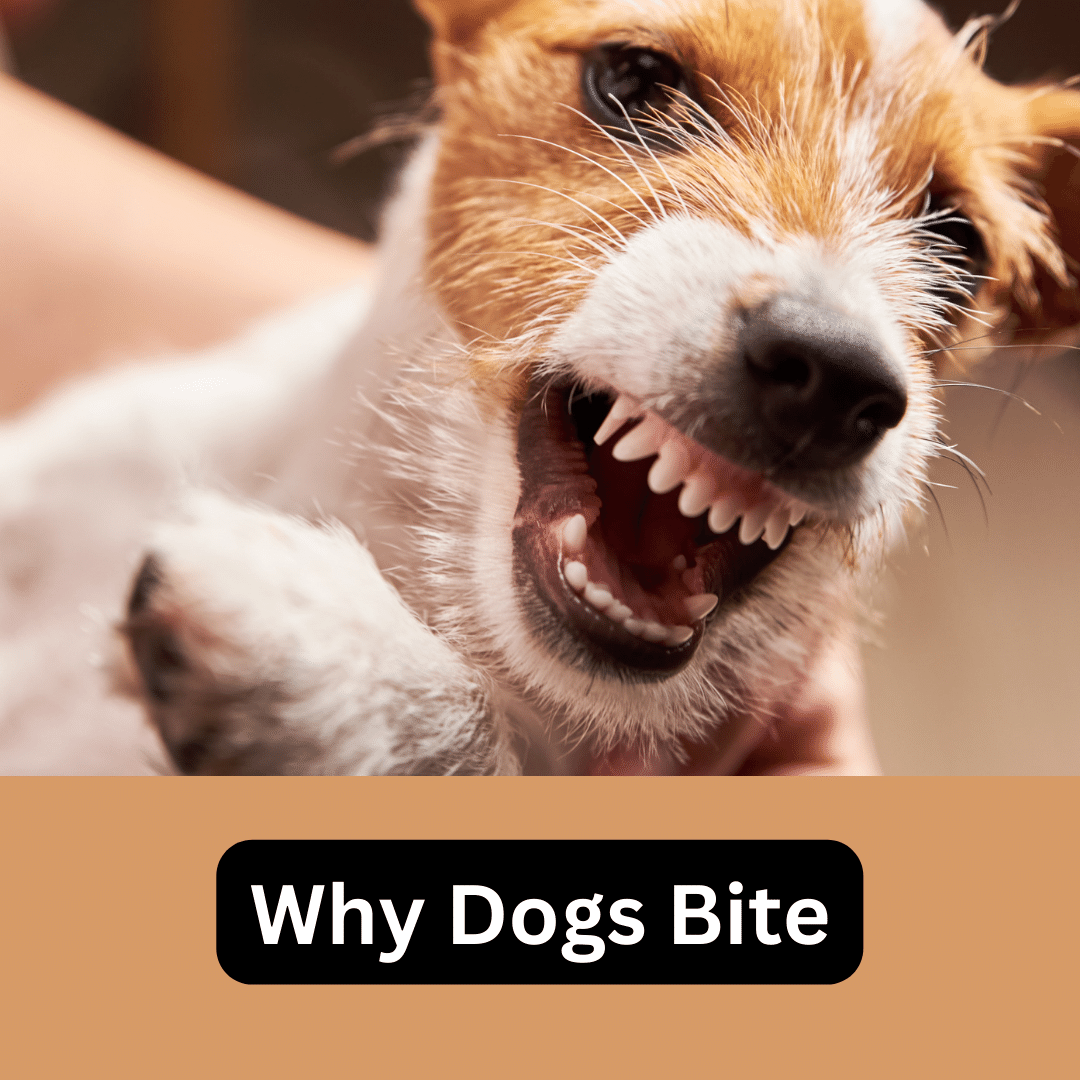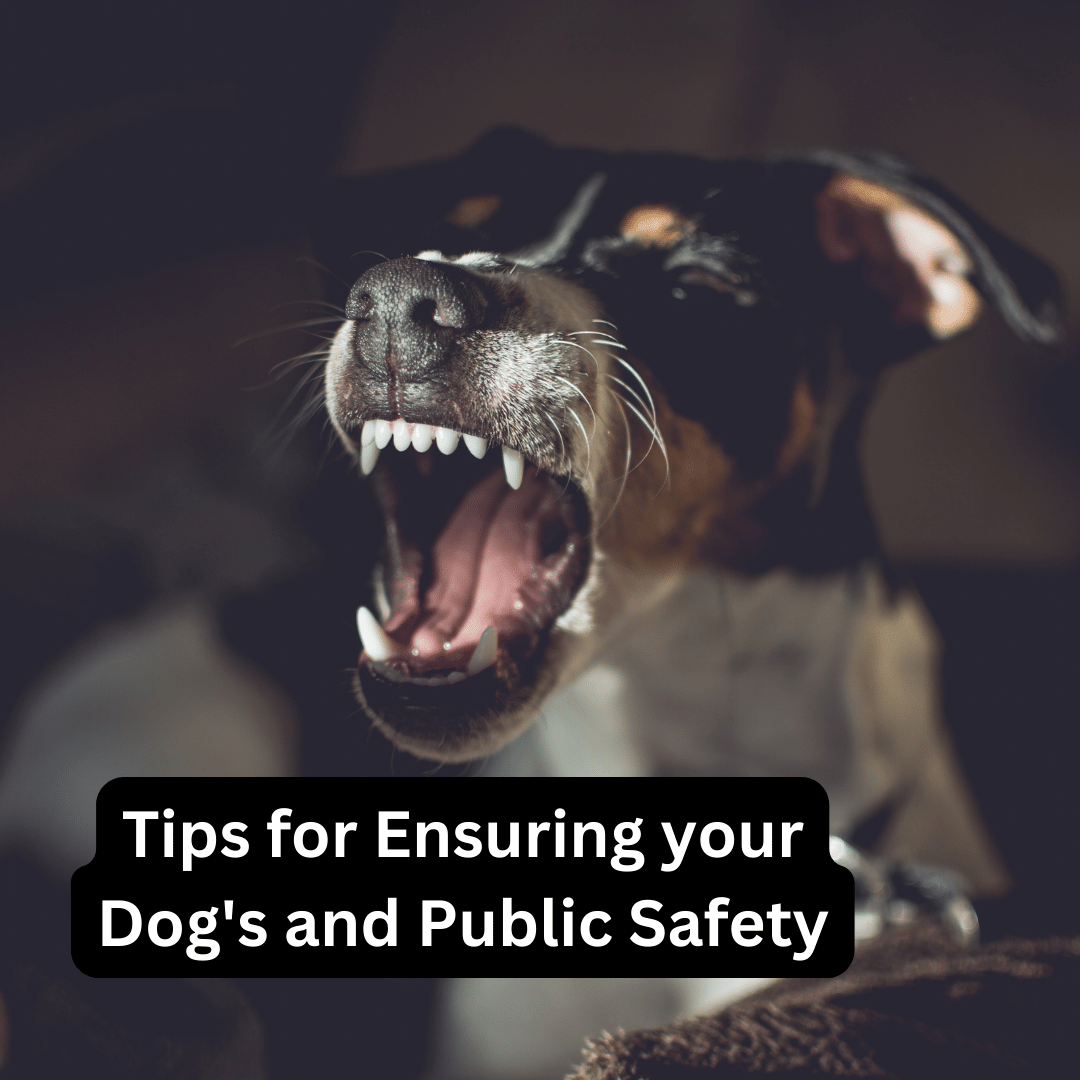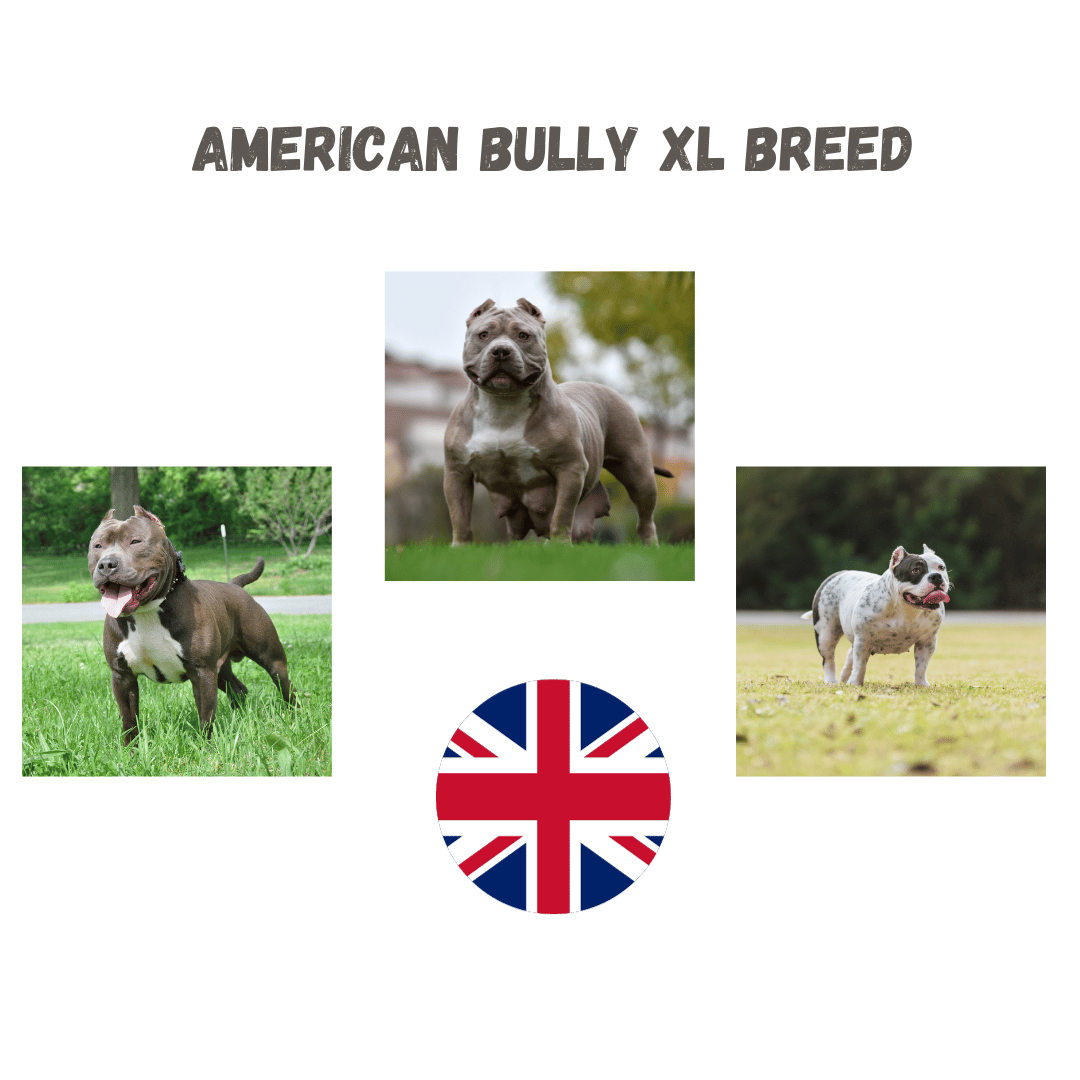If you have a dog, it’s essential to know the dangers of slugs. Slugs can be found all over and pose serious health risks.
We will explore if slugs are poisonous to dogs and why slugs are toxic to them.
Slugs can be poisonous to dogs, and this makes them very dangerous. If a dog swallows a slug, it can have serious health problems like coughing, excessive bleeding, blood clotting, breathing problems and weight loss. In some cases, it can even be fatal for older dogs or puppies with weak immune systems.
Dogs Love To Forage
While outside, dogs love to explore and forage for things. While playing outside, it’s common for dogs to dig holes, drink water out of puddles, or lick and sniff many items they come across. Hence, it won’t be a surprise if you see your dog sniffing and licking all sorts of crawling creatures in your garden.
Although slugs might look harmless, they pose a threat to your dog. So, it would be best if you stopped your dog from licking or eating any slimy creature in your garden.
However, it’s not always possible to monitor your dog’s actions all the time. You need to know how dangerous they can be for dogs, what signs to look out for, and what precautions you can take.
Why do dogs eat slugs?
By nature, dogs are curious. Sometimes because of their curiosity, they will eat a slug. Puppies have not yet discovered their natural senses to smell danger, so they might be more likely to eat a slug. Dogs also eat slugs to test new things in their lives, especially puppies.
How dangerous are slugs to a dog?
Slugs themselves are not poisonous. Slugs act as the intermediate host to various lungworm species and parasitic worms.
Slugs usually carry some of the most dangerous lungworm species around. Their slime also has the larvae of the parasite Angiostrongylus vasorum.
Even when your dog eats or even licks a slug’s slime trail, they are at the risk of contracting lungworms.
Gardners sometimes use Metaldehyde to kill slugs. Metaldehyde is a highly toxic pesticide to control snails and slugs, so if a dog has eaten a contaminated slug, the toxic substance can cause their death within an hour.
Similarly, when a dog puts any part of a slug in its mouth, it can cause allergic reactions and can cause diarrhoea, fever, itching, and even lethargy. Or, it might even upset their stomach.
Lungworm
A lungworm is a tiny parasitic worm that can infect dogs and cause serious health problems. It can cause heart problems, breathing problems, and even haemorrhages. Currently, the most common form of lungworm is the Angiostrongylus vasorum. It has been found in Europe and some Atlantic provinces.
How do dogs get lungworm?
Often, dogs swallow slugs or snails by accident. It can happen while playing in the garden or while chewing their toy, which has a slug attached to it. Or, it can be passed to dogs if they accidentally drink water from puddles containing slugs or snails.
Signs of Lungworm Infection
Slugs are around throughout the year. Unlike snails, they lay dormant in the autumn and winter months. However, they often come out in damp conditions. If lungworms have infected your dog, here are the prominent signs to look out for:
- Anaemia
- Behavioural Changes
- Breathing Problems
- Coughing
- Diarrhoea
- Loss of Appetite
- Nose Bleeding
- Red Eyes
- Vomiting
- Weight Loss
Prevention
Dogs, by nature, are curious. Hence, they are more likely to explore things outside. As a result, they are at risk of having lungworm infection. So, regardless of the breed or age, dogs should always be discouraged from eating slugs and snails.
If your dog like slugs, you must monitor them closely whenever they go outside. Dogs can accidentally swallow slugs when playing with them. In this case, your basic training tactics should come in handy. Your commands such as “leave it”, “drop”, or “no.” should do it.
Feeding your dog outside should only happen when you know your dog will eat it straight away as you put the bowl down. If the dog food sits around outside, slugs climbing within the bowl is very high.
Leaving dog food unattended outside will also increase the chances of flies and other unwanted creatures to feast upon.
The same goes for dogs drinking bowl, don’t leave it outside. All sorts of unwanted creatures will climb in.
It would be best to be careful about drinking bowls left outside shops, pubs, or other attractions. If your dog is thirsty, either ask for freshwater or inspect it well to check if anything is in it.
Don’t leave your dog’s toys or bones outside, especially during the rainy season. During the wet months, slugs and snails remain attached to the toys. If not noticed, dogs can swallow these slimy creatures accidentally.
Keep your dog safe by limiting the number of slugs entering your garden by watering the plants early in the morning instead of late at night.
Shouldn’t dogs know not to eat slugs?
In theory, adult dogs have a sense of danger; however, some dogs ignore this, and their curiosity gets the better of them. Puppies, on the hand, do not have this sense of danger towards slugs and are highly more likely to eat a slug that they come across.
What You Should Do If Your Dog Eats A Slug
If you believe your dog has eaten a slug intentionally or by accident, the first thing that you should do is to wash their mouth and brush their teeth using dog toothpaste. Once you have completed this step, you should seek veterinary advice.
Your vet will run some medical tests and start deworming. Through blood tests, your vet can learn if the dog has eaten a slug or not. You should inform your vet if your dog tends to eat or lick slugs frequently. If such is the case, the vet will put on your dog medication for parasite prevention.
At the same time, you should observe signs of any illness in your dog and take them to a vet hospital immediately.
Round-Up – Are Slugs Poisonous to Dogs?
No doubt slugs are very poisonous to dogs, and they carry many toxic substances and parasites. Dogs should always be discouraged from playing, licking or eating slugs.
Puppies should be supervised outside at all times.
Try watering your garden in the mornings rather than in the evening to avoid creating a damp environment late at night, perfect for slugs.
The advice goes for snails also; they are no different to slugs and just as poisonous if not worse due to their shells. Shells can cause blockages!
Learn about dogs and other garden insects like wasps, ticks, spiders, and caterpillars in an article I wrote earlier.
